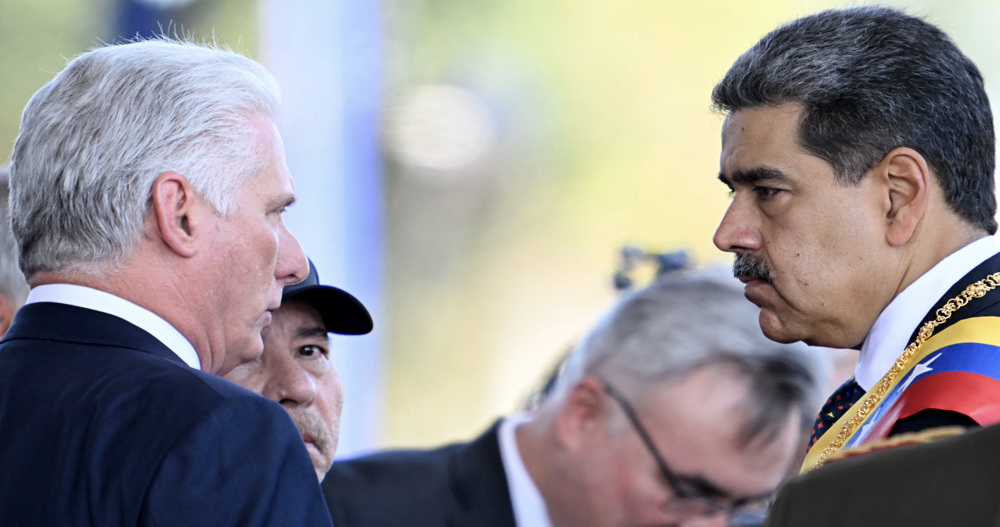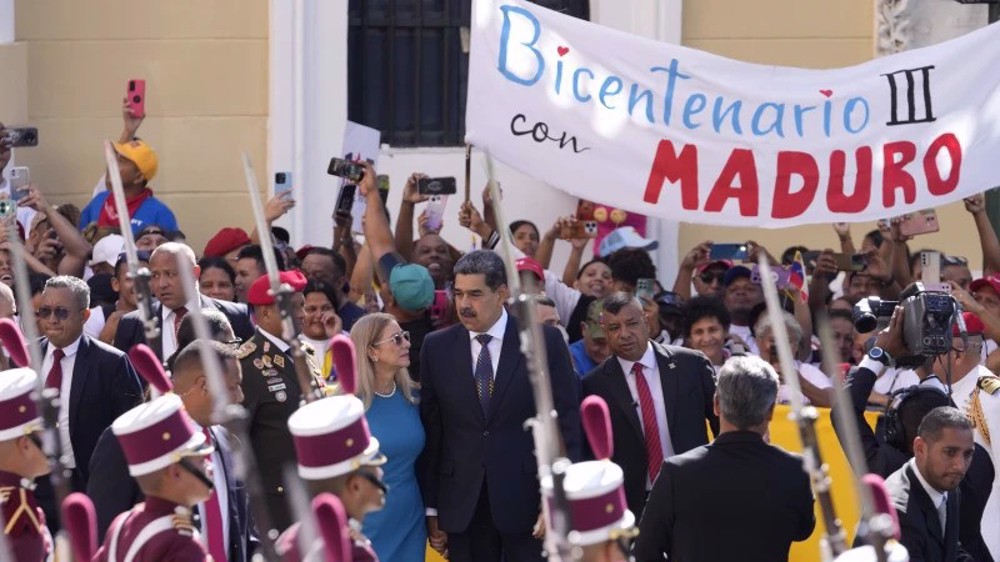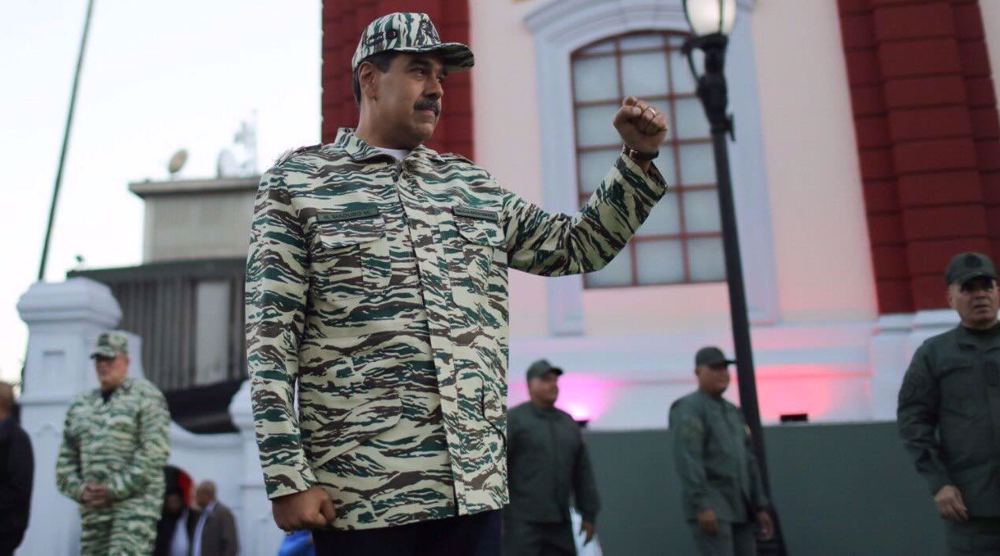Protests, looting erupt in Venezuela amid new cash crisis
Scattered protests and looting have been reported across Venezuela after its president announced the replacement of the most widely used bill with higher-denomination banknotes before they had even arrived.
As the country’s most widely used banknote went out of circulation, the higher-denomination bills – printed abroad and due to substitute the dominant 100-bolivar note - had not yet arrived at banks or ATMs, forcing people on Friday to depend on credit cards and bank transfers or try to buy goods with bundles of hard-to-find smaller bills and coins.
In the capital Caracas on Friday thousands of people from around the country waited in lines at the country's central bank to exchange their 100-bolivar notes at the only place still accepting them.
Meanwhile, police put down a looting attempt near a bank building in the large western city of Maracaibo with several arrests as young men marched down the street after growing tired of waiting outside the bank to turn in their money.

They waved their 100-bolivar bills in the air and chanted "they're useless," before being encountered by riot police, who reportedly used tear gas to disperse protesters.
Venezuelan authorities said there were protests and looting in six cities, leading to 32 people being detained and one injured.
This is while press reports also cited opposition sources as claiming fatalities in clashes between protesters and the police but insisted that such claims could not be independently confirmed.
President Nicolas Maduro censured the violence around the country on Friday and confirmed that two banks had been attacked by people linked to the opposition coalition.
He further assured citizens that the new bills would soon come into circulation, appealing for people’s "understanding" and urging them to use electronic transactions where possible.

Maduro made a surprise announcement on Sunday that the 100-bolivar note would go out of circulation by the end of the week. He further declared a temporary shutdown of the country’s borders but extended the border closure for another 72 hours Thursday night.
The Venezuelan leader then insisted on Friday that the shutdown was needed to thwart "mafias" who hoard bolivars.
Noting that the scheme to undermine the criminals had worked, he then said, "We've burned the mafia's hands" and that some difficulties were “inevitable” going forward.
The import-dependent OPEC member nation is severely short of food, medicine and basic household goods.
Venezuela currently has one of the world's highest inflation rate, set to reach 475 percent this year, according to an IMF forecast.
While Venezuela's opposition blames Maduro’s administration for the persisting economic troubles, the Venezuelan leader has long argued that the crisis is the result of a US-sponsored ploy to destabilize the independent Latin American nation.
Caracas has also lambasted its suspension from the South American economic bloc Mercosur as a “coup” against Venezuela that continues to resist Washington’s attempts to regain influence in the country.
UNRWA unraveled amid Israel's allegations, reduced intl. support
Palestinian journalist, a Sobh Media Festival awardee, killed in Gaza hours before truce
Jan. 15: ‘Axis of Resistance’ operations against Israeli occupation
VIDEO | Fears, hope in Gaza amid intensified ceasefire efforts
VIDEO | Press TV's news headlines
Hamas: Ceasefire agreement result of steadfastness, resistance in Gaza over 15 months
Hamas thanks Iran, Resistance Front following achievement of ceasefire in Gaza
'Capitulation': Israeli officials and media concede Gaza defeat as truce unfolds














 This makes it easy to access the Press TV website
This makes it easy to access the Press TV website